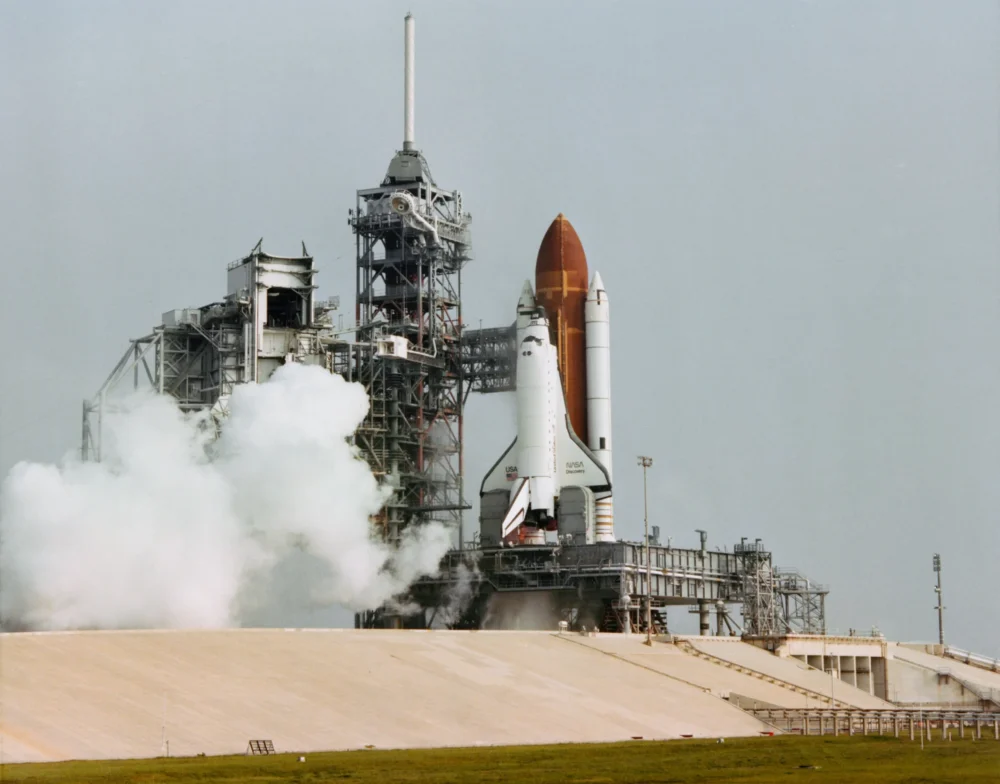On August 30, 1984, Space Shuttle Discovery embarked on its maiden voyage, marking a significant milestone in space exploration. This event stands out in the history of NASA and astronomy, as Discovery would go on to become one of the most enduring and versatile orbiters in the Space Shuttle fleet. The launch occurred after a previous delay and showcased NASA’s perseverance and engineering excellence.

Discovery’s Impact on Space Exploration
Discovery’s first mission (STS-41-D) not only deployed three communications satellites but also carried a solar array experiment that paved the way for future space technologies. Over the years, Discovery played a critical role in deploying the Hubble Space Telescope, launching Ulysses to study the Sun, and assembling the International Space Station. Its legacy includes dozens of missions and thousands of hours in orbit.
The successful launch in 1984 demonstrated NASA’s commitment to advancing human spaceflight. Discovery’s contributions continue to inspire new generations of astronomers, engineers, and space enthusiasts. This historic launch remains a testament to human ingenuity and the relentless pursuit of exploration beyond our planet.